Samsung Galaxy S7 edge vs Galaxy S6: first look comparison
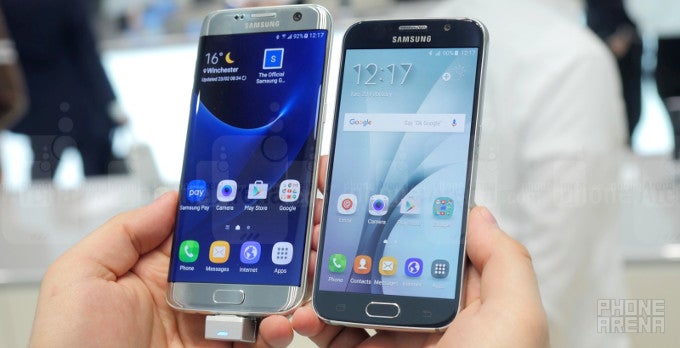
Samsung did a very smart move this year, introducing the 5.5" Galaxy S7 edge in its high-end portfolio. Unlike the 5.1" S6/S6 edge and 5.7" Edge+/Note 5 combos that were launched together last year, this time around there will be a very distinctive difference between its handset with flexible dual-edge display, and its more orthodox S7 sibling with the flat screen.
This way, the upgrader's dilemma of Galaxy S6 owners is becoming much easier when it comes to the Galaxy S7 edge as an option, as they will be moving not only to a phone with a flexible screen, but also to one with a much larger display diagonal this time, yet not a huge phone like the S6 edge+. That is why we pitted last year's S6 against the S7 edge at the MWC show floor in Barcelona, to ease your potential choice even further. Shall we?
Design
That the Galaxy S7 edge is the same fingerprint magnet as the Galaxy S6 shouldn't come as a surprise, as Samsung has changed very little in the choice of premium materials for the chassis. Both phones are built on a metal alloy frame, sandwiched between two layered reinforced glass pieces for a shiny finish that smudges really quickly with finger grease. On the grey version of the S7 edge that we have here those finger stains aren't that visible, as it resembles the mirror finish of the Xperia Z5 Premium somewhat, and the grease blends in, but on the dark glass of the S6 they sit pretty, so, if you like it, then you should've put a case on it, as Beyonce never said.
The design materials may be largely similar, but there are still subtle nuances, such as the new anti-corrosive coating that Samsung uses for the exposed metal frame of the S7 edge, which looks and feels different than what we have around the S6. Samsung says it developed a new coating material, as, unlike the S6, the S7 edge is waterproof up to five feet, so it had to demonstrate that corrosion can be stopped in its tracks in order to get the IP68 certification.
While holding the two handsets, we noticed that the larger S7 edge is actually more comfortable to keep, thanks to the tapered rear, compared to the edgy sides of the S6. Moreover, thanks to the flexible display that wraps around the sides of the S7 edge, it is only a fraction of an inch wider than the S6, so we'd say that the comfort of one-handed operation is comparable on both handsets, despite the fact that the S7 edge has a much larger display, as its screen-to-body ratio is also much better than on the 5.1-inch S6.
Display
We mentioned the great screen-to-body ratio of the S7 edge, and part of it, of course, is because it uses a flexible 5.5" Quad HD Super AMOLED display that slopes around the sides towards the rear of the phone, thus reducing the actual flat area to be more akin to a 5.3" display, rather than the sheet with 5.5" diagonal that has been used.
The 5.1" Quad HD Super AMOLED screen of the Galaxy S6 has an orthodox glass, instead of plastic substrate, so it couldn't employ these bendy shenanigans if it wanted. The screens look vibrant and have great viewing angles, but, unfortunately, we can't tell you if there will be a difference in their sunlight visibility, as indoors they both were more than bright enough to comfortably use.
Galaxy S7 edge has one more ace up its sleeve, besides the larger and flexible panel, as it also employs the new Always On feature of Samsung, that allows for date/time, notifications, calendar or message content to float around the panel, so that you have most basic info just a glance away at all times without even touching the screen.
Interface
Samsung's TouchWiz has reached new heights with the latest Android 6.0 Marshmallow that is on the S7 edge - it is smoother, color-coordinated, and with a brand new fast browser to boot. Unfortunately, our Galaxy S6 unit still hasn't gotten an OTA update to Marshmallow, otherwise it would have the same goodies to boast with.
What it wouldn't have, though, is Samsung's updated Edge UX - swiping from the S7 edge's sides can bring about the so-called Edge Single Plus display mode with a double-width column that can display contacts, app shortcuts, and even news bits for faster preview. Surprisingly enough, given the powerful hardware of the S7 edge, the interface is still stuttering here and there, just as on the S6, though this might be attributed to the non-final software version.
Processor and memory
Samsung's Exynos chipset rules the day in our two units, while the S7 edge is also available in a Snapdragon 820 variant for the US and some other markets. Exynos 8890 in the S7 edge is faster than the 7420 of the S6, and Samsung's new handset also has 4 GB of RAM, against the 3 GB in the S6.
This difference in performance would potentially be perceived only with heavy gaming, rather than basic interaction with the phones, as we didn't notice the interface to be much more fluid on the S7 edge when swiping around and launching apps, compared to when we used the S6.
Camera
Galaxy S7 edge employs a brand new 12 MP camera sensor, which might sound like a regress compared to the 16 MP shooter of the S6, yet the story here is rather different. The new camera has 56% larger, 1.4 micron pixels, and 25% wider, f/1.7 aperture, which cumulatively results in almost double the light collected compared to the S6. Moreover, Samsung now employs Dual Pixel focusing tech, which, compared to the PDAF technology of the S6 provides even faster focusing in low-light scenarios.
We can attest that continuous autofocus is amazingly quick on the S7 edge indeed, compared to the S6 - there is almost no lapse when moving the focus back and forth while shooting video, for instance. The camera interface has stayed largely the same on the S7 edge as on the S6, while Samsung has included new modes like Hyperlapse, Motion Panorama or Selfie Flash.
Expectations
We wouldn't mince words here - if you are mulling the jump from an S6 to the new Galaxy S7 edge, we would wholeheartedly support you, even with these rather early and preliminary impressions we have from Samsung's newest phone with flexible display. Not only is it almost as comfortable to grip and operate with one hand as the S6, but it also offers a much larger screen real estate, an even faster camera, and something tells us the battery life will be much better, too, given the juicing capacity inside the S7 edge.
Add to these the expandable storage option and waterproof chassis, and the only deterrent to move would remain the price. Unfortunately, that one is shaping to be almost double what you would pay for a new S6 now, yet it could very well be worth it, pending our thorough review of the S7 edge, which is soon to be in the oven.



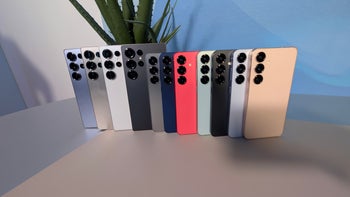

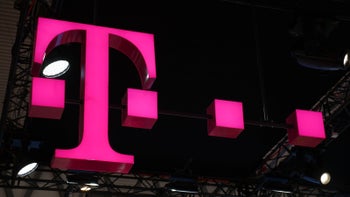
![T-Mobile users can get iPhone 16 for the price of a budget phone (no new line) [UPDATED]](https://m-cdn.phonearena.com/images/article/167601-wide-two_350/T-Mobile-users-can-get-iPhone-16-for-the-price-of-a-budget-phone-no-new-line-UPDATED.webp)
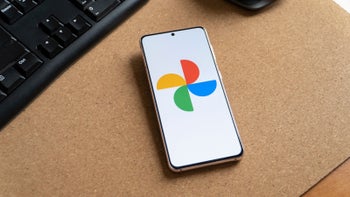

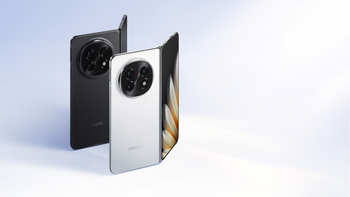

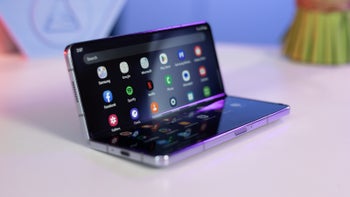


Things that are NOT allowed: